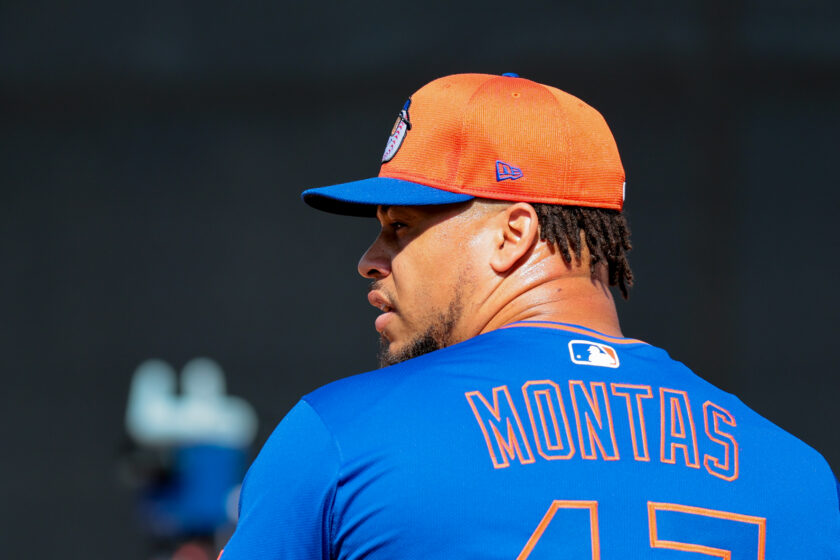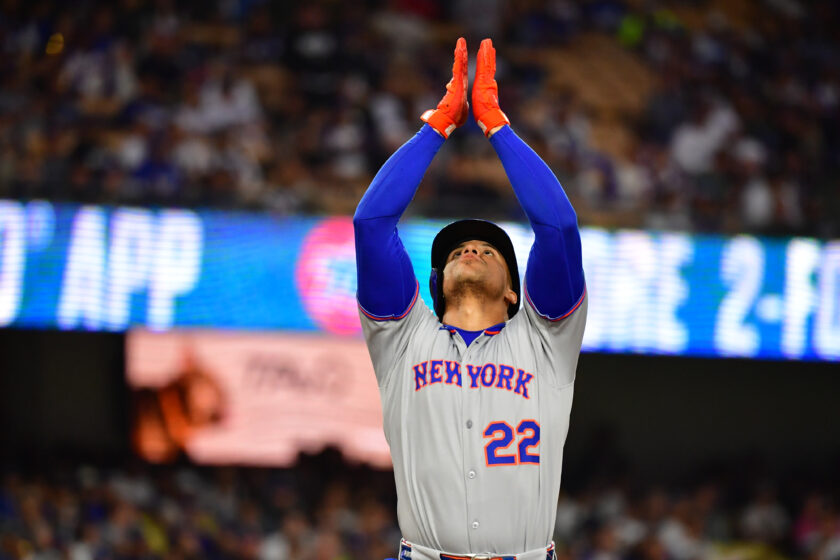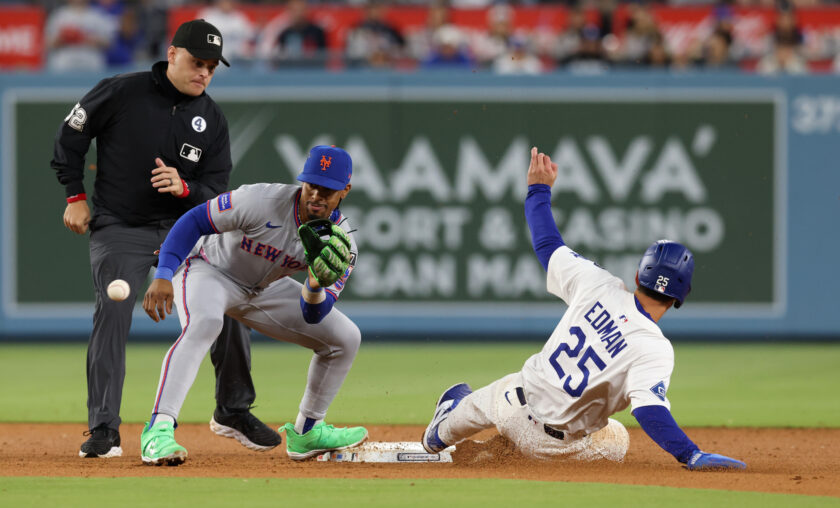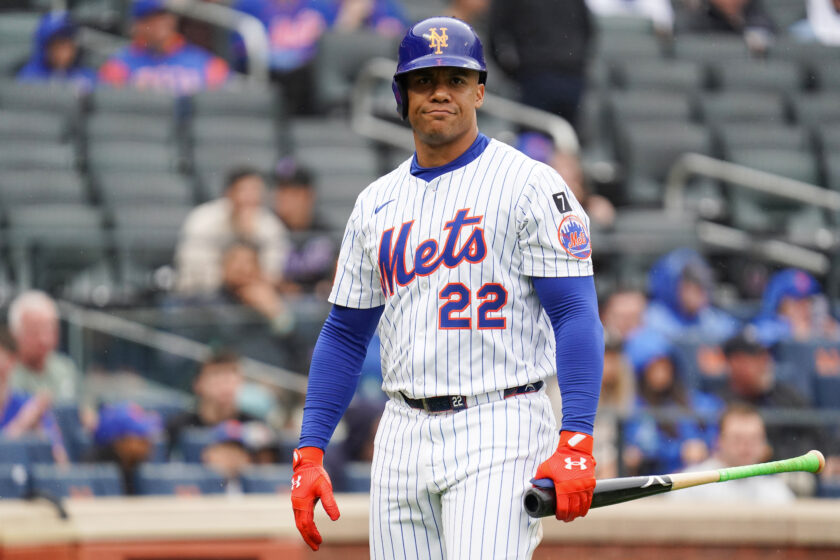Mets’ reported revised contract offer to Carlos Correa sounds ridiculous
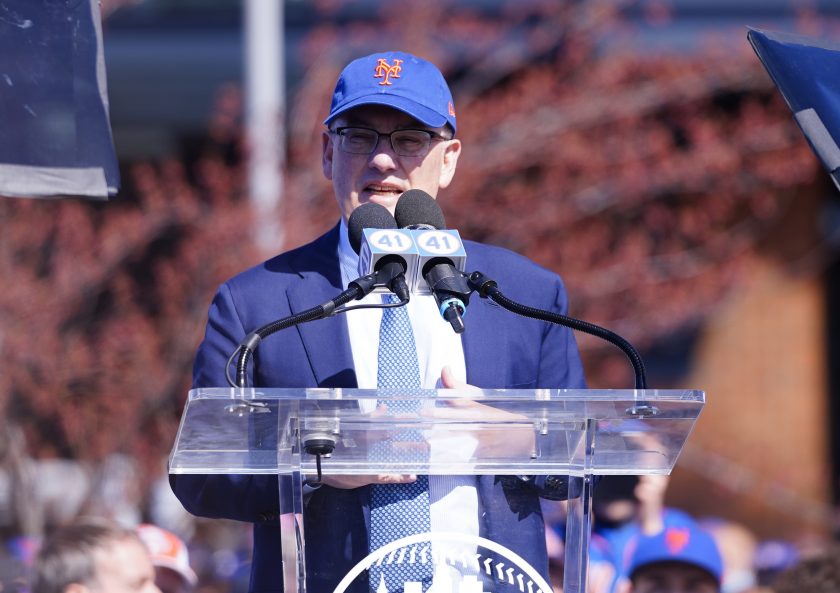
Remember when Carlos Correa was going to play for the Mets? I’d say I will remember that time fondly, but I really won’t. The elation of a deal coming together went away just a few days later when news dropped of New York having an issue with his physical/medicals. From there, it was mostly annoyance and frustration.
And now, Correa appears primed to rejoin the Minnesota Twins (without any opt-outs this time). The 28-year-old’s latest deal includes six guaranteed years for $200 million. There will also be a series of vesting options in years 7-10 that will become guaranteed if he accumulates a specific number of plate appearances, per the Associated Press.
If something like this was on the table, then why the heck did talks between the Mets and Correa fizzle out? Reports are saying New York was also willing to guarantee six years to Correa, but for $157.5 million. Initially, it looked like the shortstop decided to jump ship because of the higher guarantee.
There’s probably some truth to that, but it seems like there could’ve been more to the Mets’ six-year offer that probably would’ve scared most players away. Jon Heyman of the New York Post reports the Mets wanted to put stipulations in the contract regarding both plate appearances and time in the field.
But then, there’s this potential wrinkle, reported by Michael Marino of Fantrax:
Source: As part of Mets offer, Correa would have to take a annual physical which would guarantee the following year if passed. So 6/157.5 was conditional on him passing every annual physical. https://t.co/jNzFFI0qQz
— Michael Marino (@MarinoMLB) January 10, 2023
Yea, if I were in Correa’s position, there’s no way I’d want any part of this. Especially if there’s another team willing to fully guarantee more money over the same period. I’d imagine Correa understood why two teams had issues with the long-term health of his right leg. But it had to be frustrating since it’s never been an issue as a big leaguer.
Why would a healthy 28-year-old player essentially take a series of one-year deals, having to prove his health at the end of every season? Especially when the concern has been viewed as a long-term issue?
If the report of this proposed contract language is true, the Mets are essentially asking for the player to take all of the risk. Outside the Players’ Association never going for it, this sounds a little ridiculous. It seems like if the Mets offered around the same money as the Twins did — and guaranteed the first six years — this deal could’ve gotten done. Knowing how deep Steve Cohen’s pockets are, that shouldn’t have been a problem.
This ridiculous request leads to two thoughts:
- They realized this deal wasn’t worthwhile and played hardball on purpose so he’d go elsewhere.
- They truly thought no other team would come close to the type of offer they were putting on the table.
I have a hard time believing the second thought myself, but the first one also doesn’t check out. Maybe we’ll get some answers from the Mets’ side, and maybe we won’t. We can hope that Cohen and Co. learned from this situation, though. And if you’re going to offer a huge long-term deal, be prepared to assume some risk.
Matt Musico can be reached at matt.musico@xlmedia.com and you can follow him on Twitter: @mmusico8.
Matt Musico is an editor for ESNY. He’s been writing about baseball and the Mets for the past decade. His work has been featured on numberFire, MetsMerized Online, Bleacher Report, and Yahoo! Sports.


